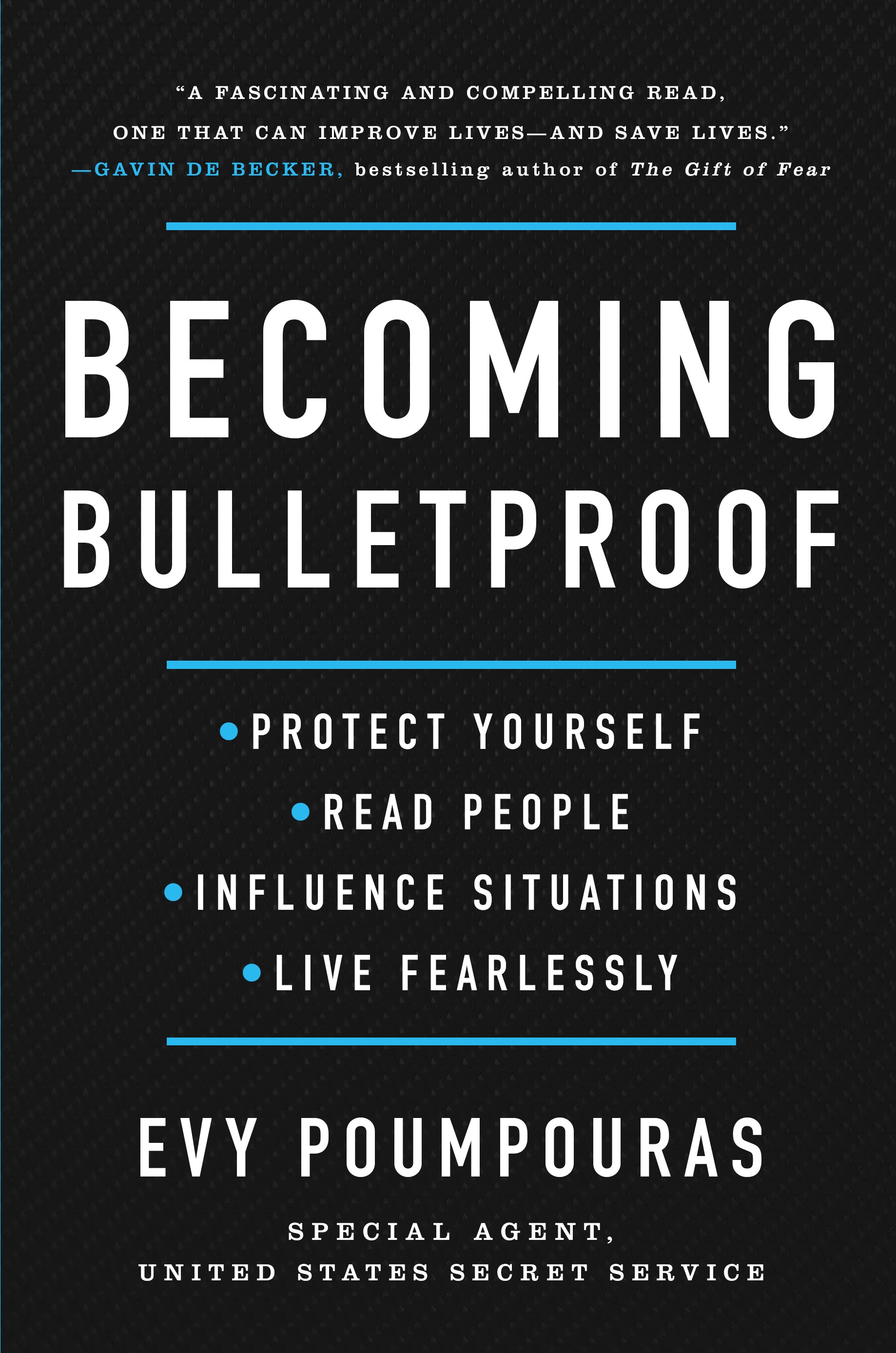Think about the differences in these two sentences:
Look what I became.
Look what became of me.
Despite the small word difference, what do these sentences say about the speaker’s mental attitude? Although they’re nearly identical statements, one is active and the other is passive. In the first sentence, the speaker has taken ownership over their life and became something by doing something. She owns the results, regardless of what those results are. Her approach and self-commitment have made her powerful, and that power came from within—hence a powerful mental attitude.
In the second sentence, however, the speaker allowed something to be done to him. He is a mere recipient, accepting whatever the world is dishing out at that particular moment. He doesn’t own anything— instead, he is owned by his circumstances. He is coming from a place of no power—hence a powerless mental attitude.
When you have a powerless attitude, you’re constantly blaming external forces for your difficulties. Simply put, nothing is your fault. Say you fail a school exam, and you decide to blame it on your professor’s poor teaching methods. This means the only way you can pass your next exam is to have a different professor. If that doesn’t happen, according to this logic, all future failed grades are the teacher’s fault, not yours. Unfortunately, when you adopt this pattern of thinking, you put yourself at the mercy of others, relying on others to change or behave differently in order to fix your situation. As a result, you have no power over the outcome.
A powerful attitude, on the other hand, allows you to take ownership of your situation. You acknowledge and accept that you have played a role in some way, and by doing so, you have the ability to change its course. To turn the exam scenario around, you might say, “I know I failed my test, and maybe my professor does suck, but I can study harder, join a study group, work with a tutor, or talk to my teacher to see what more I can do.” Now you have power; there are actions for you to take to alter or enhance your circumstances. You are at no one’s mercy but your own.
In the Service, we were primed from the first day of training to take responsibility for everything we did. Accountability was paramount. No one wanted to hear excuses—they wanted to hear us take ownership of a problem and fix it. If you had a breach in security, physically lost sight of a protectee, or failed to report to your post on time, they didn’t care about the why (the stairwell wasn’t secured, my radio stopped working, my car didn’t start). They wanted to know the how, as in how it happened and how you were going to make sure it didn’t happen again.
I have always opted in life to risk making the wrong decision rather than taking someone else’s advice and then blaming them if things went wrong. Because two things are bound to happen here: 1) you come to resent the person you listened to, and 2) you come to resent yourself for listening to them. There is nothing worse than looking at a parent or spouse or friend and thinking, I’m in this shitty situation because I listened to you.
So instead, my mindset has always been, “Okay, I did what I thought was best. Right or wrong. But if it doesn’t work out, there is no one else to blame but me.” Now, this doesn’t mean I never take advice or heed the recommendations of my personal counsel. It just means that after identifying, discussing, and analyzing all my options, I take full ownership for the final decision made. Regardless of whether in the end I’m a hero or zero, I own the outcome by virtue of a powerful mental attitude.

Follow us here and subscribe here for all the latest news on how you can keep Thriving.
Stay up to date or catch-up on all our podcasts with Arianna Huffington here.


